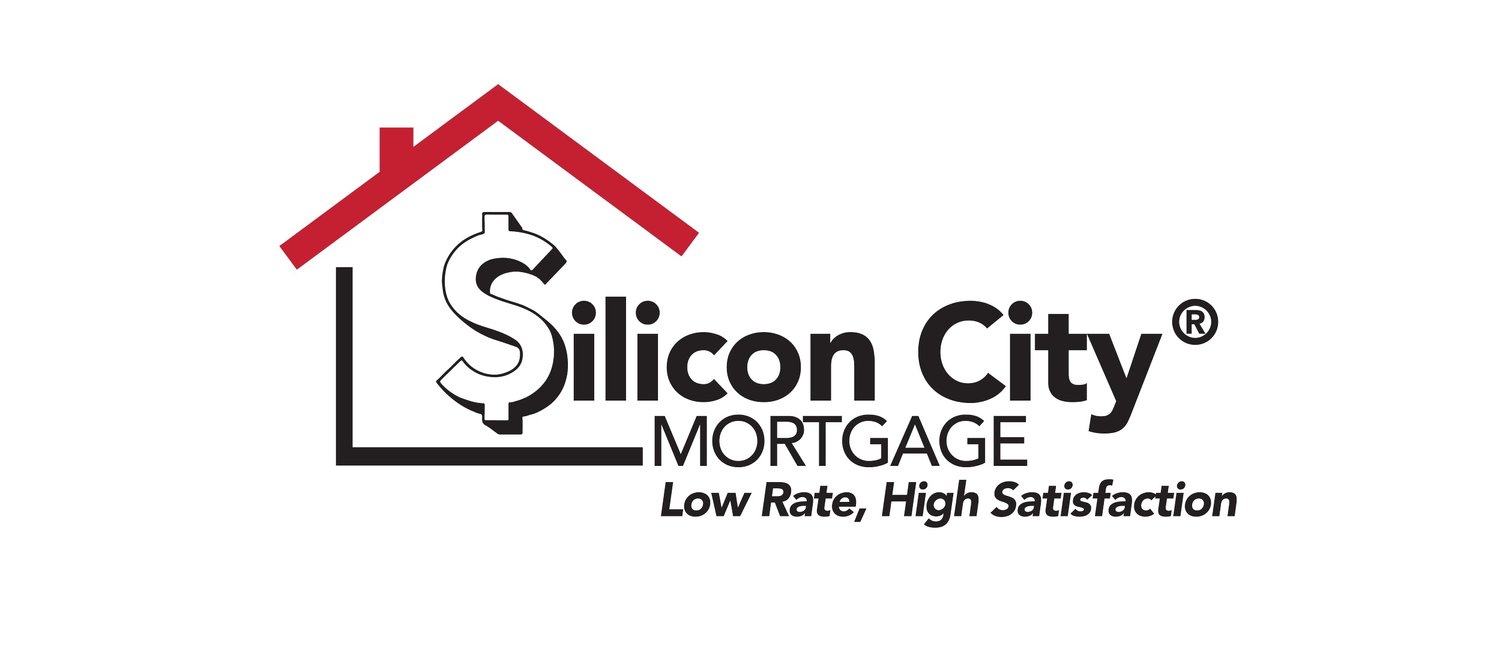It’s the key to your future
’Building equity: When you own a home, you are building equity, which is the difference between the value of the home and the amount you owe on it. Over time, as you make mortgage payments and your home's value increases, your equity grows.
Stability: Owning a home can provide stability and a sense of belonging. When you own a home, you have a place that you can call your own and have control over.
Pride of ownership: Owning a home can give you a sense of pride and accomplishment. It can be very fulfilling to personalize and improve your own space.
Potential for appreciation: Depending on the local housing market, a home can appreciate in value over time, which means that you may be able to sell it for more than you paid for it.
Tax benefits: Homeowners may be able to deduct mortgage interest and property taxes on their federal income tax returns, which can help reduce their tax liability.
Home Buying Process
Pre-approval: The first step in the mortgage loan process is to get pre-approved for a mortgage. This involves providing the lender with financial information such as your income, assets, and credit score to determine how much you can borrow and at what interest rate.
Finding a property: Once you have been pre-approved, you can start looking for a property to purchase. You will need to work with a real estate agent to find homes that fit your budget and needs.
Hire a real estate agent: A real estate agent can help you find homes that fit your criteria, negotiate with sellers, and guide you through the buying process. Look for an agent who has experience in the area where you want to buy.
Make An Offer: Once you've found a home you want to buy, make an offer to the seller. Your agent can help you prepare the offer and negotiate with the seller.
Apply For A Mortgage: Once you've found a home and your offer has been accepted, it's time to fill out a loan application. This will require you to provide more detailed information about your income, debt, and assets.
Underwriting & Appraisal
Once your loan application has been processed, it will go to the underwriting department. Here, the lender will review your application and determine whether you are eligible for the loan.
Order appraisal and wait for the objective estimate of the property's value based on various factors such as its location, size, condition, and comparable sales in the area. The Appraisal help to ensure that properties are being bought and sold at fair market value and that lenders are making loans based on accurate and reliable information.
Closing: Once your loan has been approved, it's time to close on the sale. This involves signing all the necessary paperwork and paying the closing costs. The lender will also wire the funds to the title company or attorney handling the closing.
Mortgage Loan Process
Application Review: The underwriter first reviews the borrower's mortgage application, which includes the borrower's personal and financial information such as income, employment history, assets, debts, and credit score.
Verification of Information: The underwriter verifies the information provided in the application by reviewing the borrower's income and employment history, assets, debts, and credit reports.
Credit Report Analysis: The underwriter reviews the borrower's credit report to determine the borrower's creditworthiness and assess their ability to make payments.
Property Appraisal: The lender orders a property appraisal to determine the value of the property and ensure it meets the lender's guidelines.
Risk Assessment: The underwriter assesses the risk of the loan based on the borrower's credit history, income, debt-to-income ratio, and the value of the property.
Decision: Based on the underwriter's evaluation and risk assessment, the lender makes a decision on whether to approve or reject the loan application.
Conditions: If the loan is approved, the underwriter may impose certain conditions that the borrower must meet before the loan is funded, such as providing additional documentation or paying off certain debts.
Closing: Once the borrower meets all the conditions, the loan is approved, and the lender proceeds with the loan closing process.




